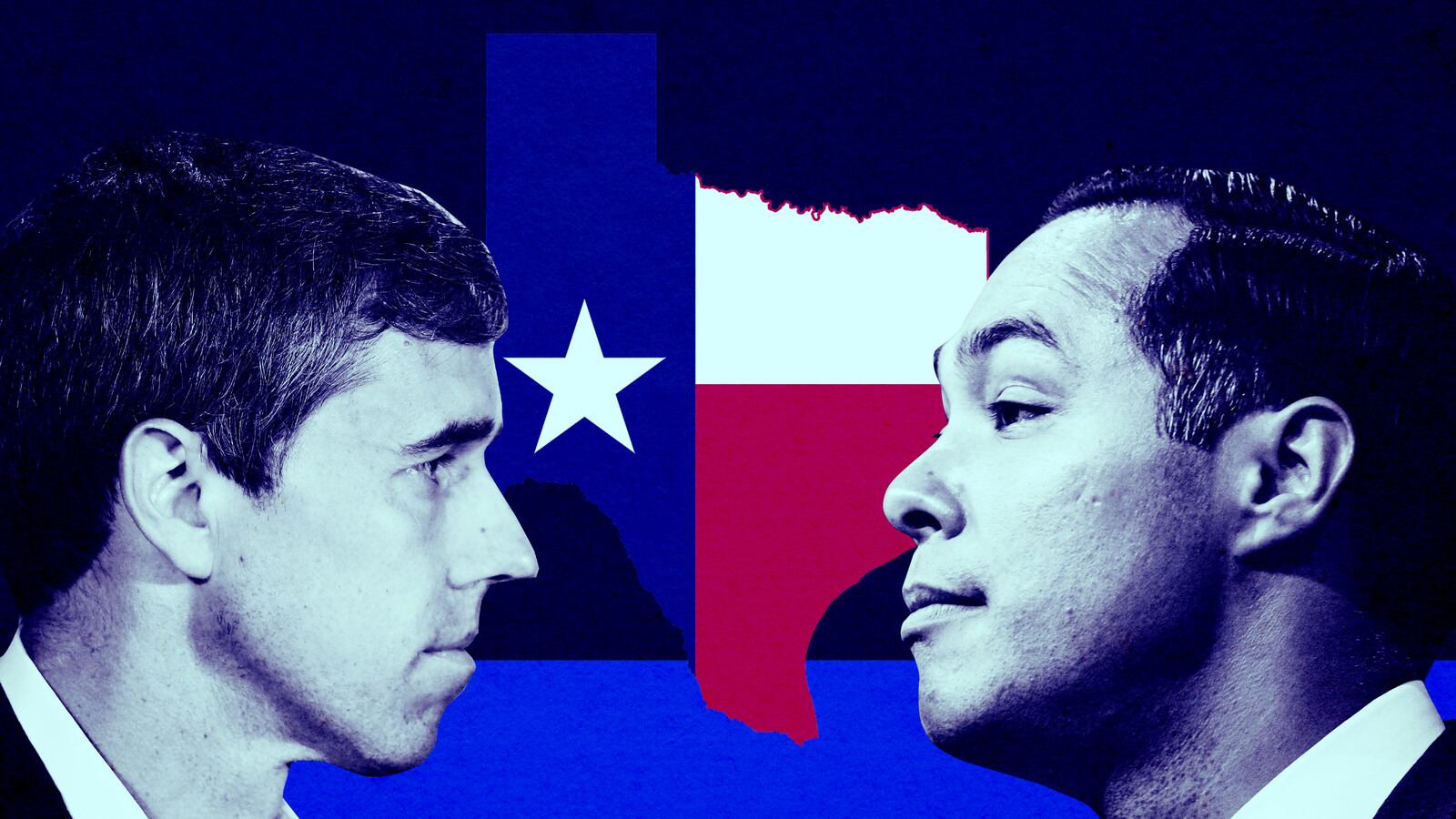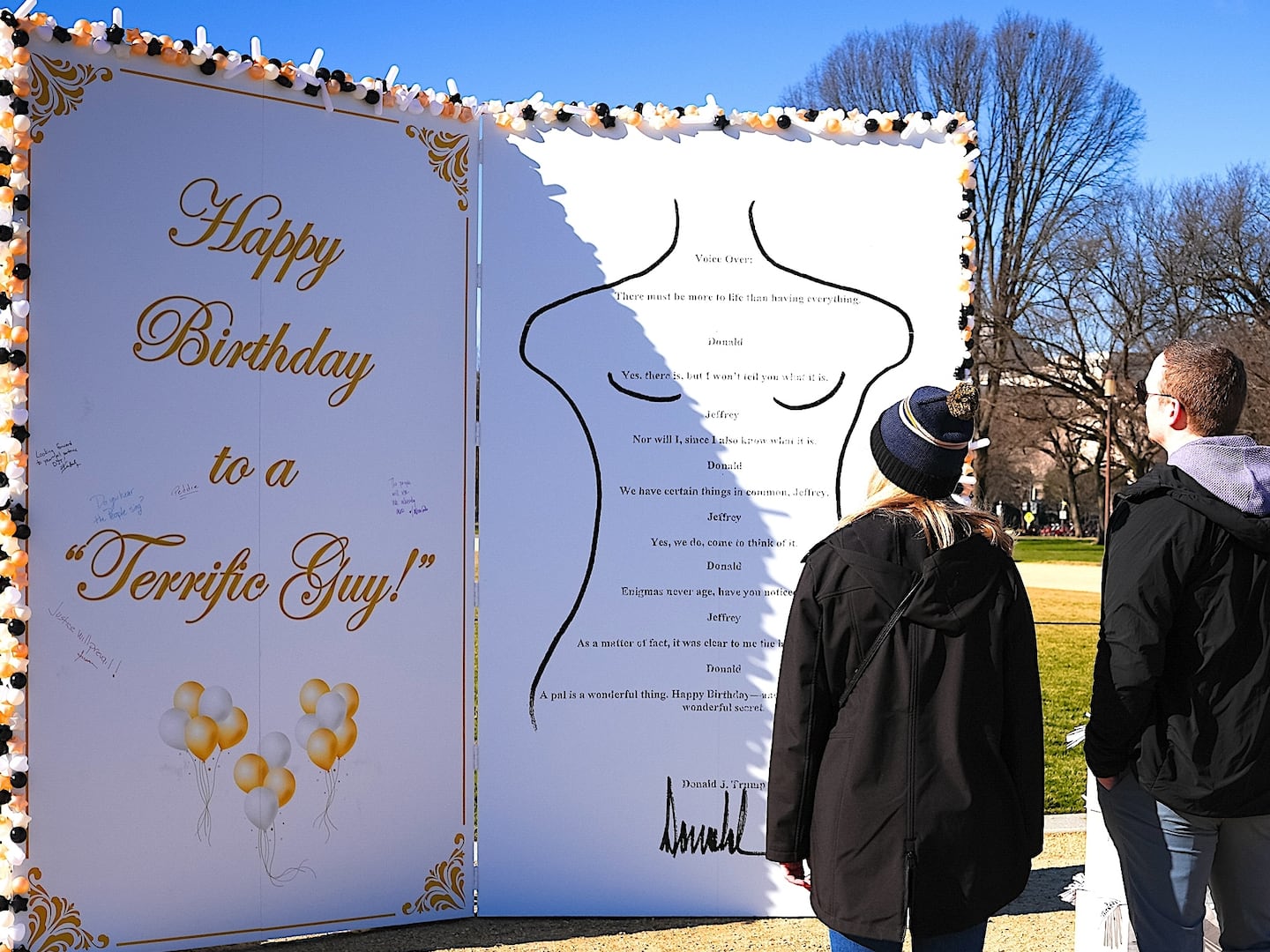By Ross Ramsey, The Texas Tribune
The Texas Tribune is a nonprofit, nonpartisan media organization that informs Texans—and engages with them—about public policy, politics, government and statewide issues.
The Texas politicians in the race for president—that’s a way of skipping around Marianne Williamson for a minute—are rebooting.
Beto O’Rourke, who owes his prominence to an unconventional U.S. Senate race last year, is flipping his by-the-book campaign for president into something more noticeable, something more like the race against Ted Cruz that attracted all the attention in the first place.
Julián Castro, one of the Democratic Party’s rising stars for the last several years, is struggling to win attention among the pack of candidates. He’s fighting to clear the obstacles designed to winnow the field of candidates who’ll appear in next month’s debates in Texas, attacking President Donald Trump in a direct political ad: “As we saw in El Paso, Americans were killed because you stoked the fire of racists.”
The candidates are seeking the Democratic nomination to run against Trump, of course. They’re also seeking to pull Texas voters into the fold by talking about national issues that have special resonance in a state with roughly as many Hispanic residents as Anglos, that shares a long border with Mexico and that is essential to any national Republican ticket.
Part of the Democratic candidates’ argument is that putting a Texan on the ticket could put Texas in play in 2020. And that if Texas is in play, the Republican Party’s presidential candidate will be in real trouble.
It’s not all about those two, or about Williamson, who’s from Texas but has spent her adulthood mostly outside of politics and mostly outside of the state. But their presence and last year’s unexpected shift to the left in Texas’ 2018 results highlights Democratic hopes and Republican concerns going into next year’s election.
Trump’s campaign has focused on Texas, spending more on its Facebook ads here than in another state this summer. He spent more in the state than Castro and O’Rourke combined during the first half of the year, on ads with messages like this: “We have an INVASION! So we are BUILDING THE WALL to STOP IT. Dems will sue us. But we want a SAFE COUNTRY! It’s CRITICAL that we STOP THE INVASION.”
If Texas is the cornerstone for a Republican win nationally, Trump wants to keep Republican voters stirred up—not to mention perking up donors in an important money state. His campaign is also aware that Trump didn’t do as well as most of the Republicans running statewide in Texas in 2016, winning his race by 9 percentage points while the Republican average was 14.1 percentage points.
But Castro and O’Rourke are running far behind the leaders seeking the Democratic nomination. O’Rourke has the poll and donor numbers to meet the threshold for the September debates in Houston, with more than 130,000 donors and support from at least 2 percent of the respondents in at least four qualifying polls.
Castro has the donors, but he’s one poll short of the target, battling for political oxygen like someone stuck under the ice in a frozen lake. He’s running those attention-getting ads, confronting Trump after the racially motivated mass shooting in El Paso for the things the president said before and after that incident. “Innocent people were shot down because they look different from you. Because they look like me. They look like my family. Words have consequences. ¡Ya basta!”
O’Rourke’s remodeling has its roots in recent headlines. His hometown was the site of that shooting earlier this month. It’s the locus of many of the debates about federal immigration and immigration enforcement policy—a spot chosen by Trump for one of his openly nativist political rallies earlier in the year.
Think of it this way: The El Paso Democrat has a singular reason for remaking his campaign—that being that what he was doing wasn’t working, and had turned the standard stories about him into critiques of what he was doing wrong and pre-death autopsies of how a seemingly promising campaign had vaporized.
And he had policy issues that matched his passions and his geography and that—this is critical—put him in direct opposition to the incumbent he and all those other Democrats hope to unseat. That’s true, as well, for Castro, the Hispanic former mayor of San Antonio and former U.S. secretary of housing and urban development, trying to break out as a first-time candidate for any office outside of Bexar County. He’s pursuing issues central to his heritage, his home and the weaknesses of the incumbent.
Both have method, motive, opportunity—and reboots rooted in Texas.






